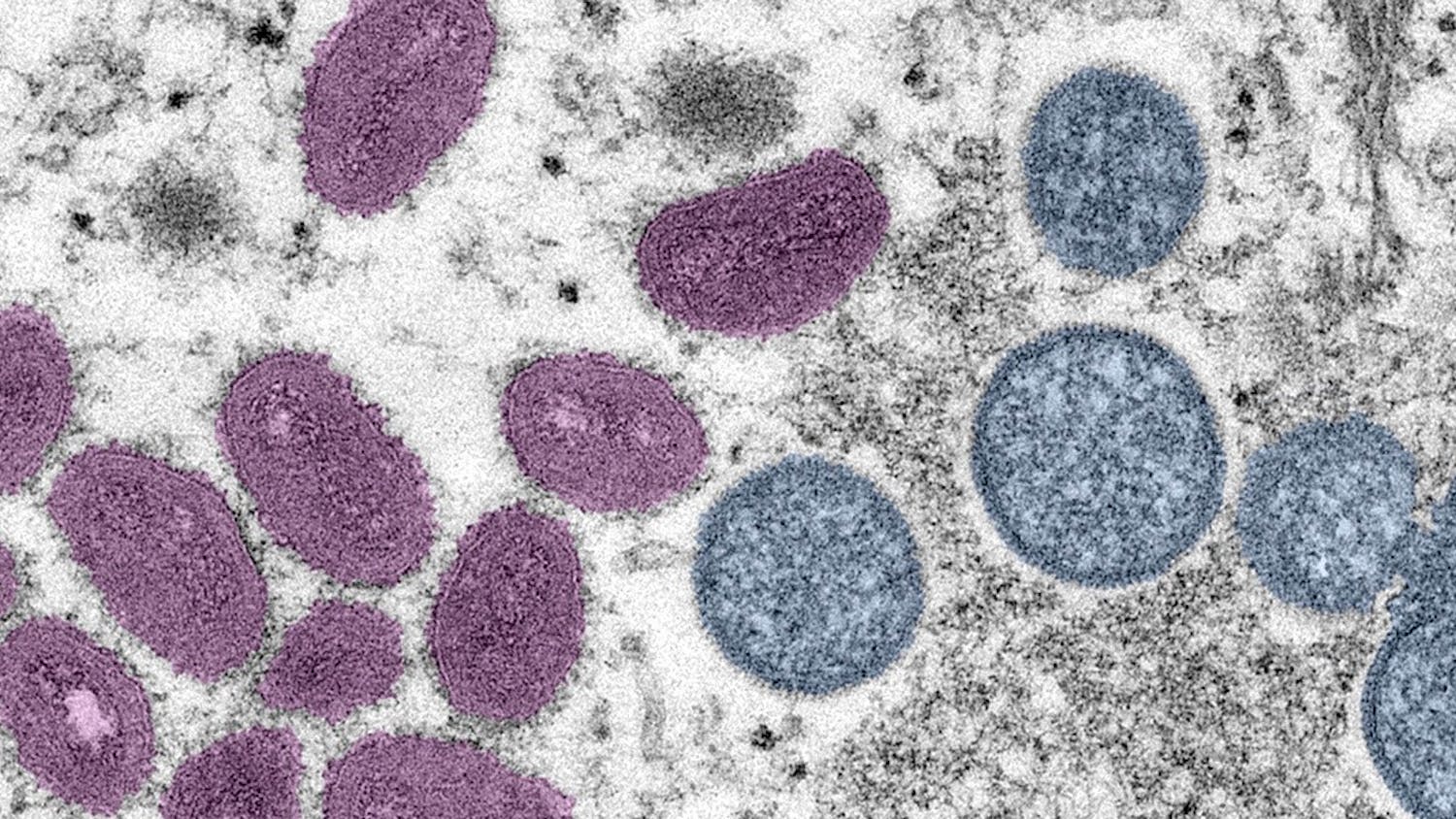UF health researchers are returning to Haiti this week to track the recent cholera outbreak and to help educate locals about how to treat and prevent the disease.
Almost 600 Haitians have died as a result of the outbreak — the first in nearly 60 years. And the disease has now reached Port-au-Prince, the nation’s capital.
UF faculty members are traveling to the Gressier/Leogane area, located about 12 miles west of Port-au-Prince, to take samples to determine the source of the cholera bacterium. They will also distribute 1,000 oral rehydration packets, which were assembled by College of Pharmacy faculty and students.
The students helped measure and package individual doses of the chemical mix included in the packets.
The packets include documents in Haitian Creole to educate people in the region about preventative measures against cholera.
“When cholera strikes, it strikes very quickly, with large numbers of cases presenting all at once,” said Glenn Morris, director of the Emerging Pathogens Institute in a press release.
With millions of Haitians still displaced and living in poor conditions after January’s earthquake, conditions were ripe for the spread of the bacterial infection.
“When people migrated, it compounded the problem,” said Afsar Ali, a UF research associate professor in environmental and global health.
Ali and Bernard Okech, a research assistant professor, will spend a week collecting water and stool samples at locations near Port-au-Prince where outbreaks have occurred. The samples they collect will be shipped to UF’s Emerging Pathogens Institute for testing.
DNA tests of cholera samples by federal health officials indicate it stemmed from an Asian strain.
The researchers have traveled to Gressier/Leogane several times over the past year to assist in constructing an infectious field laboratory to study intestinal cholera.
The epidemic has not reached the Gressier/Leogane area, but UF health researchers worry that if the disease did arrive, life-saving supplies would not get to the rural area.
Edsel Redden, a former agent with the UF Institute of Food and Agricultural Sciences, will also be traveling to teach residents to prepare a drinkable saline solution, which will allow them to treat the disease on their own.





